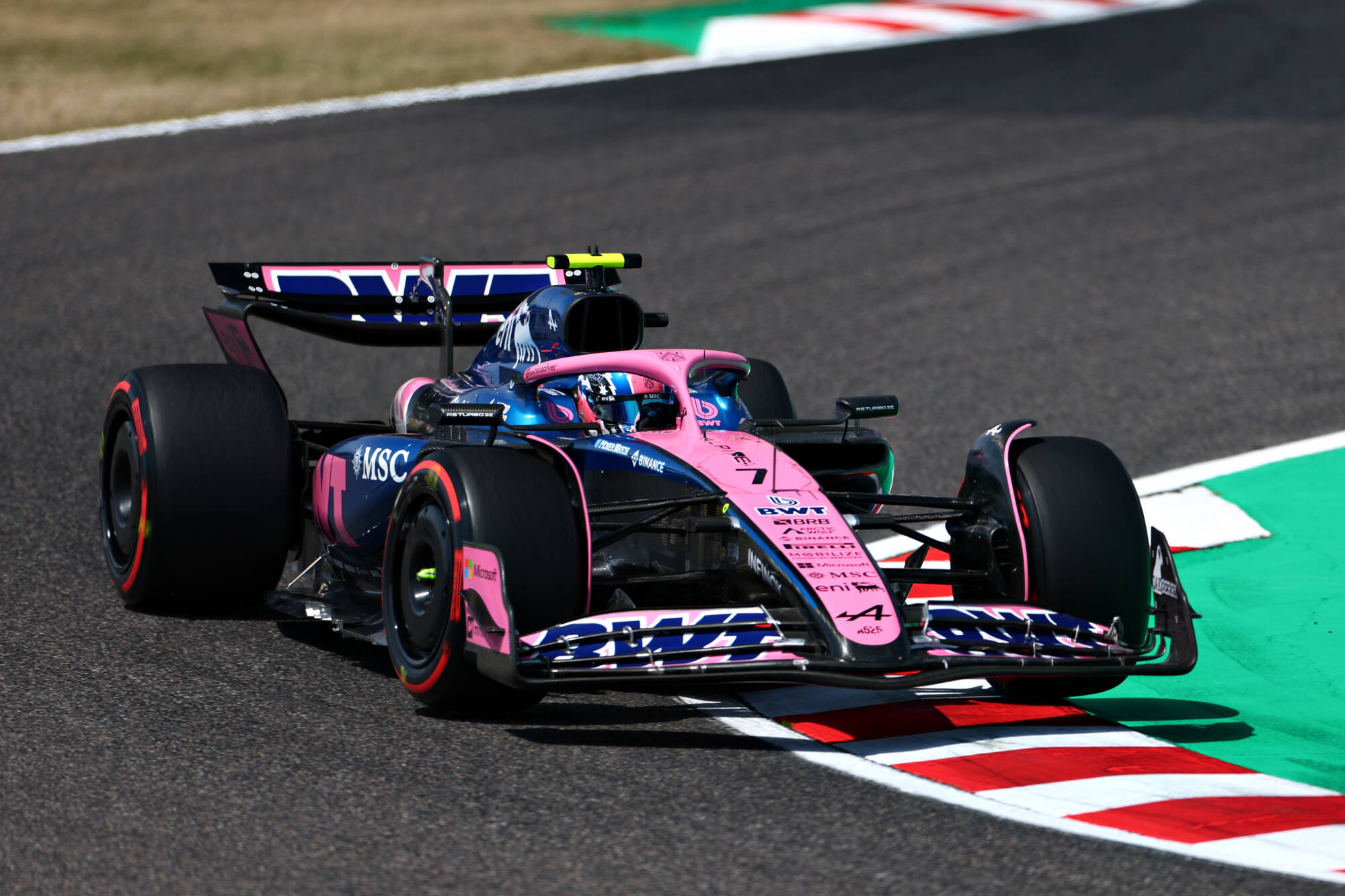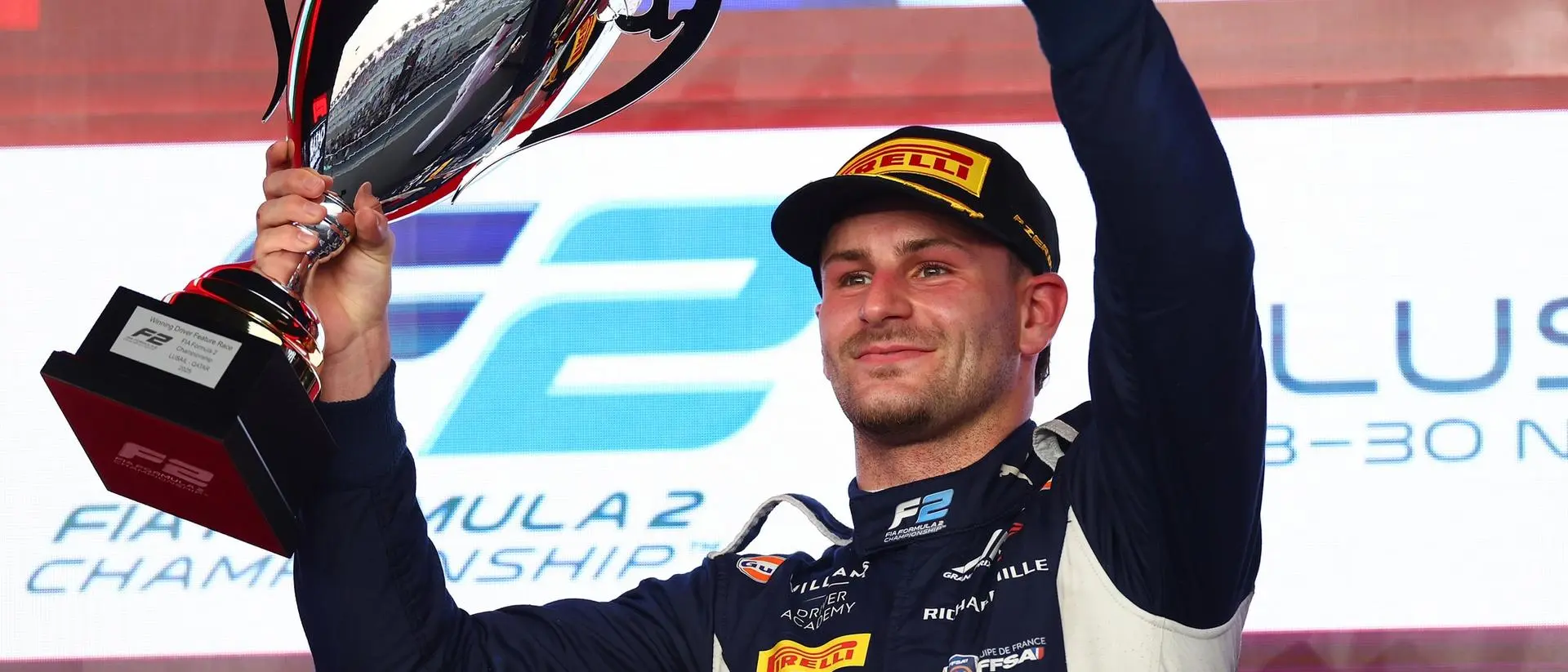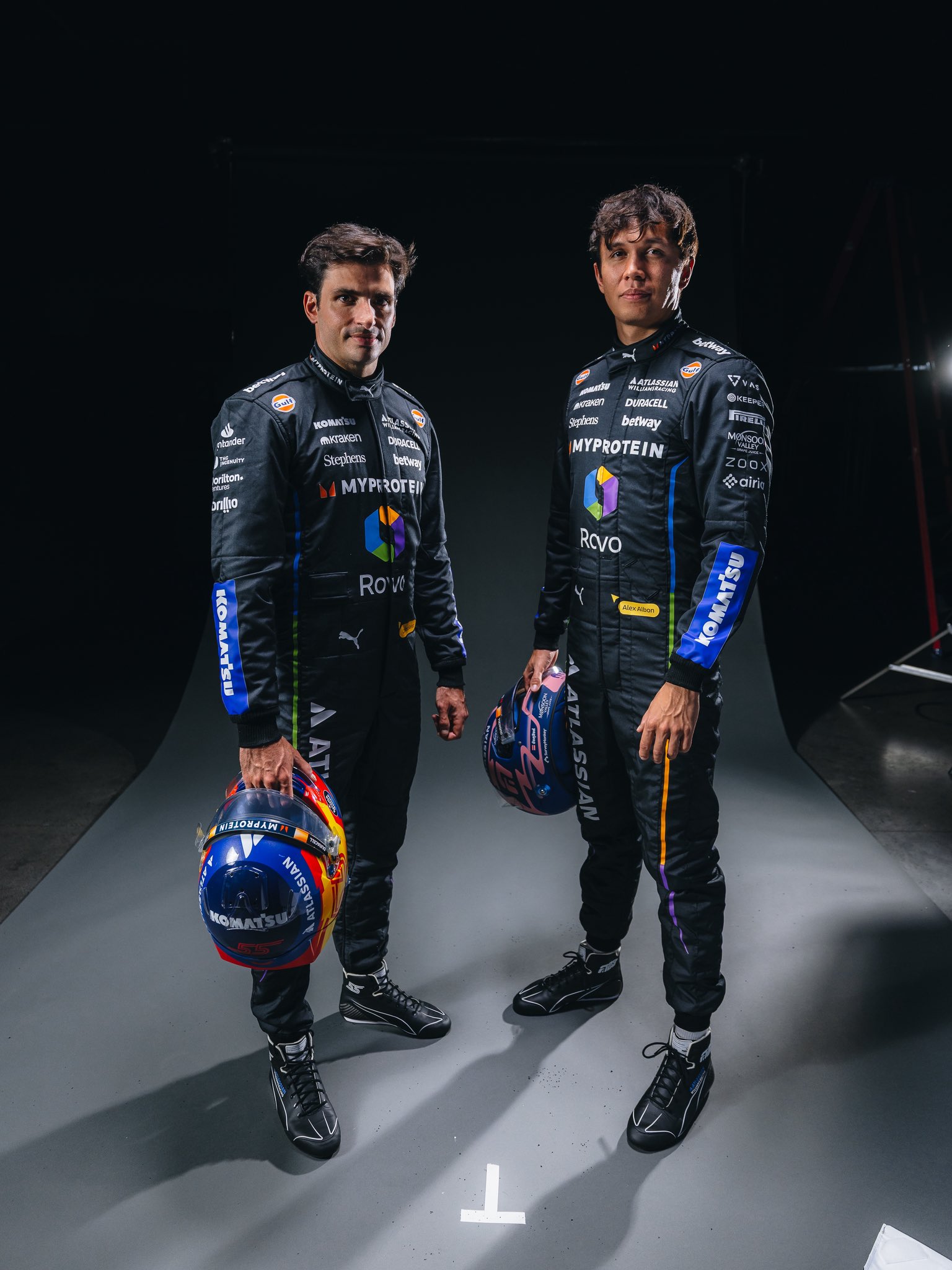The first half of the 2025 F1 season witnessed another harsh reminder of the sport’s unforgiving nature when Alpine replaced Jack Doohan with Franco Colapinto at Imola, marking the second in-season driver change of the year. What unfolded was a perfect storm of circumstance, expectation, and opportunity that ultimately saw a young driver’s F1 dream cut cruelly short after just seven races.
The impossible position
From the outset, Doohan found himself in an almost impossible situation. He was never truly “their” driver in the eyes of Alpine’s current leadership. His position in the junior programme, his previous reserve role, and his extensive testing programme were all established well before Oliver Oakes and Flavio Briatore arrived at the team. When Alpine missed out on Carlos Sainz, Doohan became the path of least resistance rather than a deliberate choice.
This fundamental disconnect created an environment where Doohan was essentially auditioning for a seat he already occupied. The team’s decision to dangle Colapinto as a potential replacement before the season had even begun undermined their rookie driver from the very start, creating a pressure cooker atmosphere that would have challenged even the most experienced drivers.
Performance under pressure
Flashes of genuine pace interspersed with costly errors characterised Doohan’s brief F1 tenure. His ability to outqualify teammate Pierre Gasly during the Miami GP demonstrated the underlying speed that had earned him his promotion, but the results that truly mattered—points finishes and consistent performances—remained elusive.
The statistics paint a stark picture: two lap one exits, multiple penalties, and that infamous Japanese GP practice crash. These incidents were precisely the opposite of what Alpine needed—strong finishing positions and points on the board to justify their faith in their rookie.
However, it would be unfair to judge Doohan solely on these mishaps. He showed genuine promise and, given more time, would undoubtedly have delivered some strong weekends. The cruel irony is that he had the talent to score points regularly, especially at circuits where Alpine’s package wasn’t fundamentally compromised.
The modern rookie reality
The landscape for rookie drivers has changed dramatically in recent years. Drivers like Ollie Bearman shattered the expectation that newcomers need time to acclimatise with their immediate impact—his sublime performance in Saudi Arabia last year changed his destiny overnight, just as Colapinto did with his own debut for Williams.
In this context, Doohan’s gradual approach to finding his feet appeared outdated. Modern F1 demands instant impact, particularly when teams are fighting for crucial championship points. The sport’s current rookies—Isack Hadjar, Kimi Antonelli, Gabriele Bortoleto and Bearman—have set new standards for immediate competitiveness, making Doohan’s careful progression seem inadequate by comparison.
Team responsibility and management failings
Doohan must shoulder responsibility for failing to seize his opportunity in the 2025 F1 season, but Alpine also played a significant role in his downfall. The team created an environment where their rookie was fighting for survival from day one, hardly conducive to the confidence and stability required for optimal performance.
The decision to publicly court Colapinto as a replacement before giving Doohan a fair chance was particularly damaging. This approach highlights a broader issue within F1 teams: they expect driver loyalty but rarely return it. The irony cuts deeper considering Alpine’s own complaints about driver loyalty after the Oscar Piastri saga.
Oliver Oakes and Flavio Briatore’s management of this situation suggests a lack of commitment to developing their own talent. If teams are going to promote rookies, they have a responsibility to provide them with a reasonable opportunity to succeed, not create additional pressure through public recruitment of alternatives.
The wider context
Doohan’s situation reflects a broader trend in modern F1, where teams make increasingly rash decisions about driver changes without accepting responsibility for their role in creating the circumstances that led to failure. The pattern is becoming depressingly familiar: promote a rookie, create an unstable environment, then blame the driver when things go wrong.
This approach is particularly frustrating given that Alpine has a history of mismanaging driver talent. The same team that allowed current championship leader Piastri to slip through their fingers into McLaren’s embrace has repeated the pattern with Doohan, albeit in reverse—this time discarding their own driver prematurely.
A harsh verdict
The reality is that F1 is not a charity, and when opportunity knocks, drivers must answer decisively. Doohan failed to make himself undroppable in the narrow window he was given, and in F1’s ruthless environment, that failure is often terminal.
However, this doesn’t absolve Alpine of their responsibility in creating the conditions for his failure. The team’s decision to undermine their rookie before he’d even started the season was a demonstration in how not to manage young talent. They created a self-fulfilling prophecy: publicly questioning Doohan’s position, then pointing to his struggles as justification for their predetermined decision.
Doohan’s future
For Doohan, this represents a devastating blow to his F1 aspirations. He showed enough promise to suggest he could have developed into a competent F1 driver given time and support. Instead, he becomes another cautionary tale about the unforgiving nature of modern F1, where teams demand instant results while providing anything but instant support.
The 2025 season will be remembered as the year Jack Doohan’s F1 dream was cut short not by a lack of talent, but by a combination of impossible circumstances, team mismanagement, and the sport’s increasingly impatient approach to driver development. It’s a reminder that in F1, sometimes having the speed isn’t enough—you need the stars to align, and for Doohan, they never quite did.





